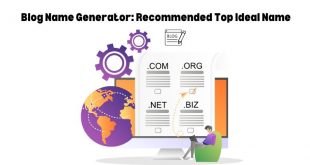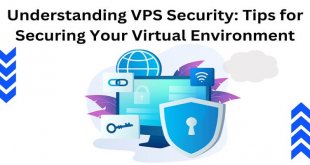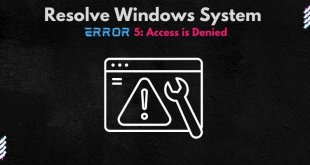Hey guys, in this article, we will discuss how to minimize online tracking. So keep reading.
The collection of digital information is at an all-time high. While the internet is full of publicly accessible data, we can observe companies and business-oriented individuals scouring the web for advantages. The desire for smart products, software, and appliances justifies the exponential growth of data aggregation, but it comes at a cost of privacy. The obsession with growth and conveniences has ended the era of anonymity online.
In the modern digital environment, relentless user tracking is an open secret. Because collected data has more applications than aid for product development, data analysts stop at nothing to pursue unique, valuable user information. When the benefits of accumulated knowledge rival the gain from other business activities, the customer becomes the product.
Any sensible internet user can see the evidence of blatant tracking and data extraction. Social media activity, discussions, and online purchases get tracked by third-party cookies that display targeted ads. The social media platforms themselves are gold mines of private information with reported cases of data acquisition and distribution.
While there is no way to completely avoid online tracking without compromising the browsing experience, in this article we will give you tips that should help minimize your digital footprint. We will also address popular privacy tools and solutions, such as proxy servers.
Hiding your IP address with the help of a legitimate proxy provider is one of the main steps that increase anonymity online, as well as provide other benefits. If you want to access geo-blocked websites in other countries, all you have to do is get a local proxy IP.
For example, with Japan proxies, you can visit local websites without restrictions while maintaining your anonymity. It might reduce your internet speed, but you do not have to use a Japan proxy for all connections and go with a remote location instead. Combine the best available tools for your browsing sessions, and you will drastically reduce online tracking!
Change Your User Agent With A Browser Extension
While user agents do not give up as much information as an IP address, recurrent connections from the same browser can help recipients recognize your perioded visits and start profiling you. To add another layer of protection, we recommend changing a user agent.
The most convenient way to keep changing this information is using a browser extension. Most popular browsers have effective extensions that can help you change user agents with a single click of a button and even choose older versions of selected browsers.
For further customization, some extensions can even let you set up a custom user-agent and cycle between your favorites, so you never display the same information with recurrent connections. Just be careful – accessing websites with old user agents can compromise their appearance and functionality.
Use Multiple Browsers
While most popular browsers like Chrome give web surfers the best speed and functionality, privacy, and humane technology enthusiasts may not agree with its activity and location tracking.
To ensure a more private web surfing experience, look for browsers that satisfy your privacy requirements and avoid using the same browser for extended periods of time.
Connect To The Internet Through Rotating Proxies
Proxy servers are extremely popular tools that provide a simple yet very effective service by masking your IP address. Just with your IP, third parties can track your approximate location and expose vulnerabilities in your home network.
Sending and receiving data packets through a middleman proxy server will not mitigate tracking, but also provide you with a layer of protection against potential hacker attacks. Also, a good proxy provider can give you access to proxy IPs with different connections all around the world.
For example, you can utilize japan proxies to connect to geo-blocked web servers or just mislead recipients that want to track your location.
Unfortunately, proxy servers will help with tracking if you visit websites that require authentication. Social media websites do not care about an IP address change because they already store a lot more sensitive data about their users.
To get an even better cover-up, do not use the same proxy IP all the time. Instead, go for safer rotating proxies. This way, you will get a different network identity with every data request. These proxies come with a separate pool of IPs to ensure that the recipient cannot recognize and identify your browsing patterns.
Unfortunately, the modern internet is full of sneaky tools that keep a watchful eye on your activities on the web. While there is no way of knowing when and how you are being tracked in the present moment, the best we can do is utilize the best tools to give up as little data as possible.
Opting out of certain services and social media platforms that collect and sell information is also a good way to bring awareness and show displeasure with online tracking.
Make sure to change up as many things as you can to minimize your digital footprint and create a more private browsing experience.
So that’s all from this blog. I hope you liked this article on how to minimize online tracking. If you like this article then please share it with your friends and social media followers.
 free html design Free html design templates
free html design Free html design templates





